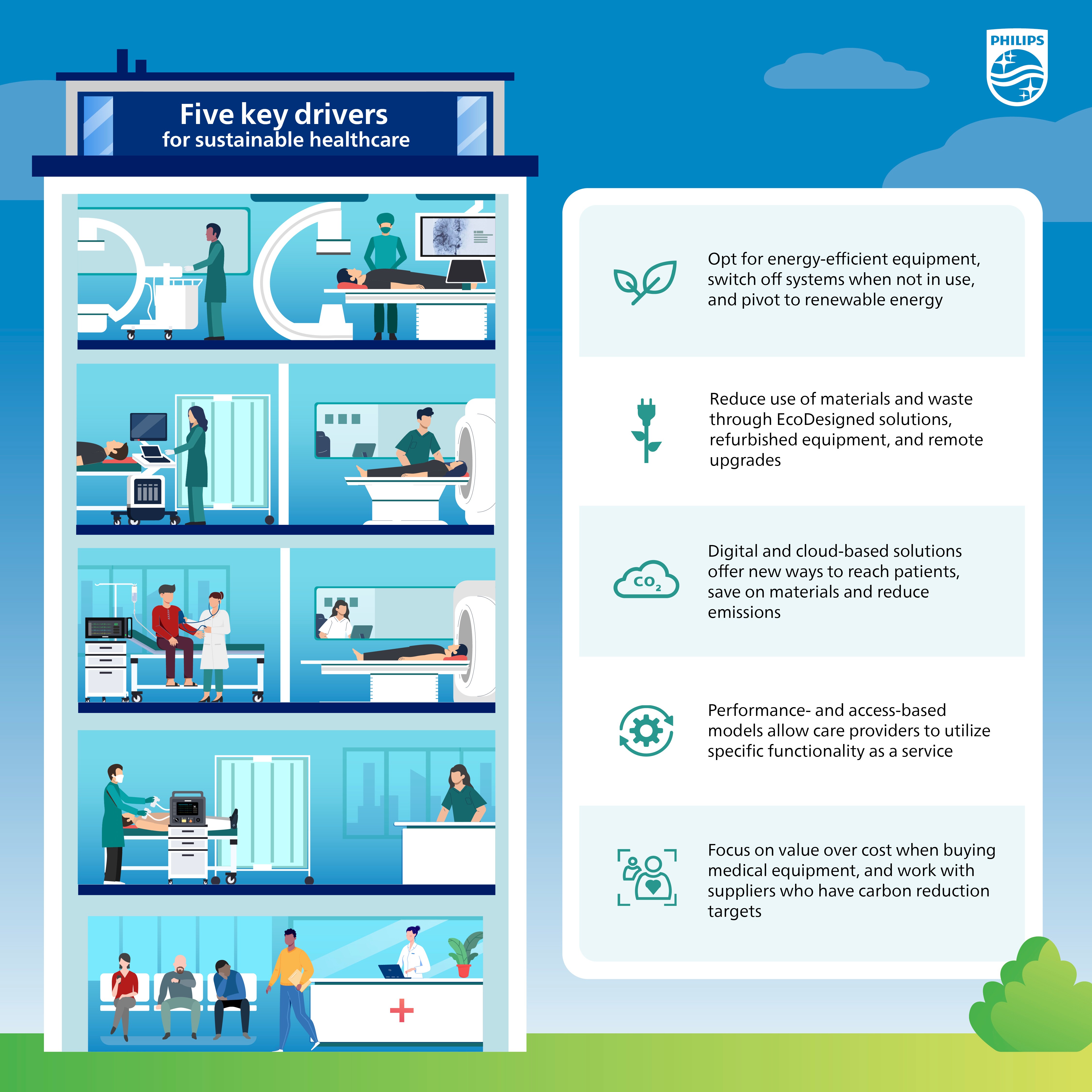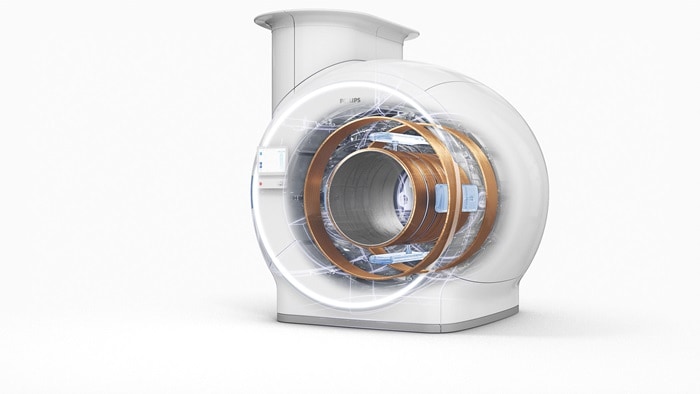No time to wait as climate change worsens human health. This feature by Channel NewsAsia shines a spotlight on this pressing issue and outlines key strategies health systems can adopt. Climate change, pollution and biodiversity loss are impacting the health and livelihoods of hundreds of millions of people around the world. Every year, 6.5 million people globally die from air pollution related causes. 70% of them occur in APAC [1]. Extreme weather changes and rising temperatures will worsen major health conditions such as cardiovascular diseases and respiratory issues. By 2050, the climate impact is predicted to cause an additional $1.1 trillion cost burden on health systems [2].
For people to be truly healthy, they need a healthy world to live in. A new APAC survey, conducted in Australia, South Korea, Indonesia and Thailand, highlights public support towards prioritizing environmental sustainability in healthcare with nearly nine in ten (87%) respondents recognizing the interconnectivity between climate impact and their health. While majority see sustainable healthcare practices as a top or urgent priority, less than a fifth (15%) note their wide adoption in their countries [3]. Health leaders in APAC also recognize the critical role of environmental sustainability in achieving long-term public health goals. In Indonesia, for example, healthcare leaders surveyed in the 2024 Future Health Index report agree that reducing carbon emissions and the environmental impact of healthcare should be a top priority for both healthcare organizations (99% agree) and governments (97% agree). Sustainable procurement (e.g. circular equipment) is a top strategy implemented by Indonesian healthcare leaders (51%) currently, and 39% plan to implement it within the next three years [4].
Five key levers of sustainable healthcare There are significant opportunities for healthcare providers, technology innovators, and suppliers to partner and reduce the industry’s environmental footprint and integrate sustainable ways of working, while at the same time driving better health outcomes and access to care. What are the strategies that health systems can adopt now to help achieve these goals? Philips highlights five strategies to drive sustainable healthcare.

Sustainable innovations and design are core to reducing the healthcare industry’s environmental footprint. One example is the impact demonstrated by Philips’ BlueSeal magnet technology in the conservation of the non-renewable natural resource helium in the operation of MR scanners. With over 1,100 units installed globally, MR scanners equipped with the technology have already saved more than 1.9 million liters of helium since 2018.

Time to team up and take action! Now is the time for healthcare providers, health technology companies, governments, and other stakeholders to join hands and deploy these strategies, solutions, and services. For example, Vanderbilt University Medical Center (VUMC) collaborated with Philips on a research initiative focused on decarbonizing the radiology department and establishing an environmentally friendly and cost-effective blueprint. The assessment indicated that circular business models, like upgrading equipment, can reduce the total cost of owning an MR system by up to 23% and carbon emissions by 17%. For CT equipment, using refurbished systems and upgrades can decrease ownership costs by up to 10 %and 8% respectively, while reducing carbon emissions by 6% and 4%respectively. Such collaboration harnessing the collective expertise and innovative capability across industry players is key to informing efforts in driving sustainability healthcare practices. Care Means the World Philips’ ‘Care Means the World’ campaign underlines how the company is taking action to deliver the best quality healthcare while at the same time reducing environmental impact. This means creating the best possible solutions to help healthcare providers care for patients and the planet with the same attention and urgency, now and in the long term. The campaign aims to raise awareness on the important shift towards sustainable healthcare and accelerate the transition to a more resilient ecosystem which enables better care for more people.
Read full article on Channel News Asia. [1] United Nations Environment Programme (N.D.). Restoring clean air [2] World Economic Forum (2024). These 3 climate disasters will have the biggest impact on human health by 2050 [3] Philips APAC Sustainable Healthcare Survey (2024) [4] Philips (2024). Future Health Index 2024 Indonesia Report
References
Share on social media
Topics
Contact

Jane Yeo Head of Communications & Brand, APAC
You are about to visit a Philips global content page
Continue












